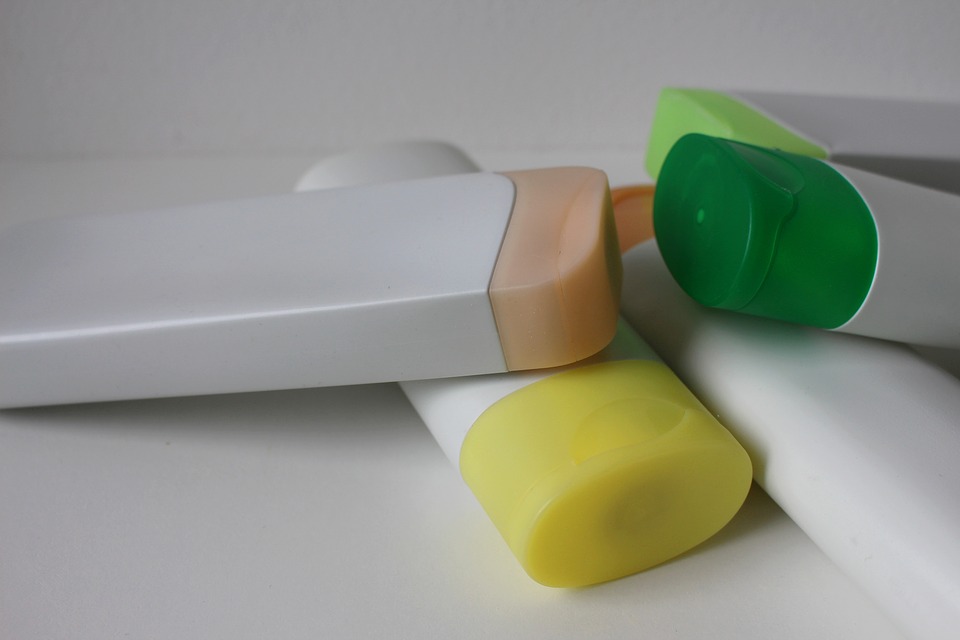You may already buy healthy shampoo. By healthy I mean shampoo that does not contain harmful chemicals, parabens, or sulfates, and that is not tested on animals. No matter what the product claims, look closely at the ingredients because it may, for example, not contain parabens, but it still could contain other chemicals and the company may test on animals.
You may have heard that shampoo that is “sulfate-free” can be great for color-treated hair and for individuals with an allergy or sensitivity to sulfates. This is very true and it is also ideal for anyone looking to eliminate unhealthy ingredients from their daily cleansing routine…
Many of the hand soaps, shower gels, bath bubbles, and facial cleansers on the market today are made with “surfactants” rather than natural soaps. Sulfactants is a group of chemicals known as “sulfates”, along with the bad-for-you trio of related chemicals diethanolamine (DEA), monoethanolamine (MEA), and triethanolamine (TEA).
Similar to soap, surfactants make washing with water more effective by suspending dirt and oil in the water to wash off of you more easily. They also help create that thick foamy lather Mr.Bubble showed some of us when we were kids. That does not mean that they are good for you. The most common sulfates are sodium lauryl sulfate (SLES) which is a milder, chemically altered version of SLS. Keep an eye out for this ingredient in shampoo and liquid soaps so you can avoid it if possible. In addition, avoid other sulfates such as sodium myreth sulfate and ammonium laureth sulfate. These ingredients may cause soapy lather but they can cause dry skin, scalp irritation, and hair loss! Even worse, the process of converting SLS into SLES can contaminate the shampoo with dioxane, a human carcinogen. Read labels — just because a shampoo says “SLS-free” does not mean that it is sulfate-free.
Sulfates can cause irritated skin because the sulfates are incredibly harsh. They can also cause a depleted layer of oil on skin and hair which makes the skin prone to dryness and environmental damage. In addition, surfactants can react with other ingredients in the formula to create other carcinogenic compounds.
It can be an adjustment to switch to less foamy, not-so-bubbly shampoos and liquid soaps. Remember that suds are not what cleans away dirt and oil. Try switching to low sudsing formulas that are free of sulfates, DEA, TEA, and MEA. Look for cleansers that contain gentler ingredients instead, like Cocamidopropyl betaine, sorbitan laurate, sorbitan palmitate, and sorbitan stearate. Your skin and body will thank you.
